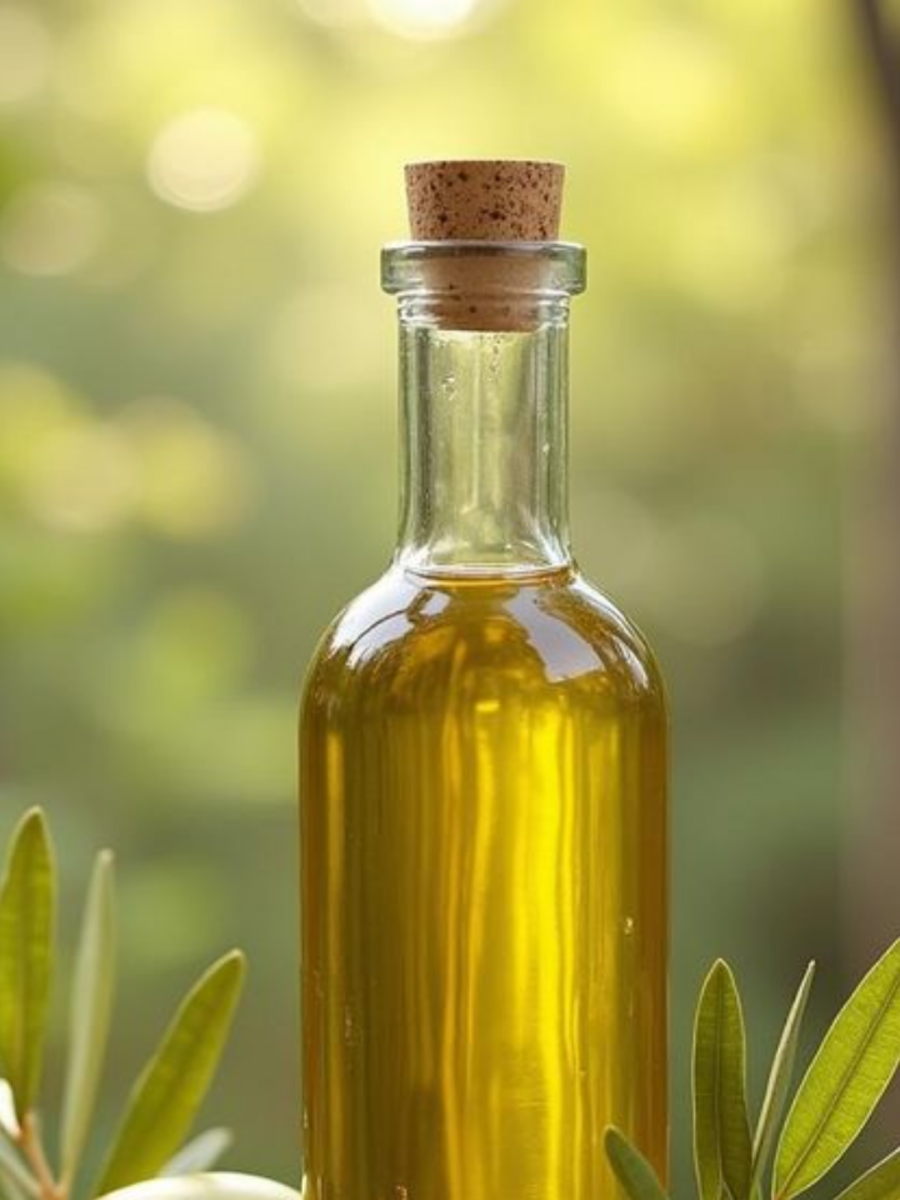- close
01/5Meet 14 year old Heman Bekele
Heman Bekele, a ninth grader at W.T. Woodson High School in Annandale, Virginia, has recently won the 2023 3M Young Scientists Challenge. He won the $25,000 grand prize. The 14 year old has invented a soap that can treat skin cancer. Each bar of the soap costs $0.50, the Daily Mail reported.readmore
02/5How does the soap work?
The compound-based bar of soap works effectively in treating skin cancer. "Bekele made the cancer-fighting soap by infusing medicinal soap with three ingredients that have been found to reactivate dendritic cells that generate an immune response to combat cancer," Daily Mail reported.
03/5"In 15 years I hope to be a successful electrical engineer"
On his ambition, Heman says that he wants to be a successful electrical engineer who has contributed significantly to the industry. I envision myself leading a team of professionals in the development of innovative electrical systems that will shape the future of technology. Alongside my professional success, I hope to have a fulfilling personal life with a loving family and a strong network of friends. I also hope to have given back to my community by mentoring aspiring engineers and supporting initiatives that promote STEM education. Ultimately, in 15 years, I hope to have made a positive impact on the world through my work and personal endeavors.
04/5Skin cancer claimed 120,000 lives in 2020
As per the data shared by the World Health Organisation (WHO), globally in 2020, over 1.5 million cases of skin cancers were diagnosed and over 120 000 skin cancer-associated deaths were reported. Most cases of skin cancer are caused by overexposure to ultraviolet (UV) rays from the sun, tanning beds, or sunlamps.
05/5What causes skin cancer?
A lighter natural skin color increases the risk of skin cancer. Skin that burns, freckles, reddens easily, or becomes painful in the sun is more prone to get cancerous growth on the skin. As per the US CDC, those who have blue or green eyes, have blond or red hair, have a large number of moles, have a family history of skin cancer and are older in age are more prone to develop skin cancer.
End of Story

 1 year ago
374
1 year ago
374





























 English (US)
English (US)